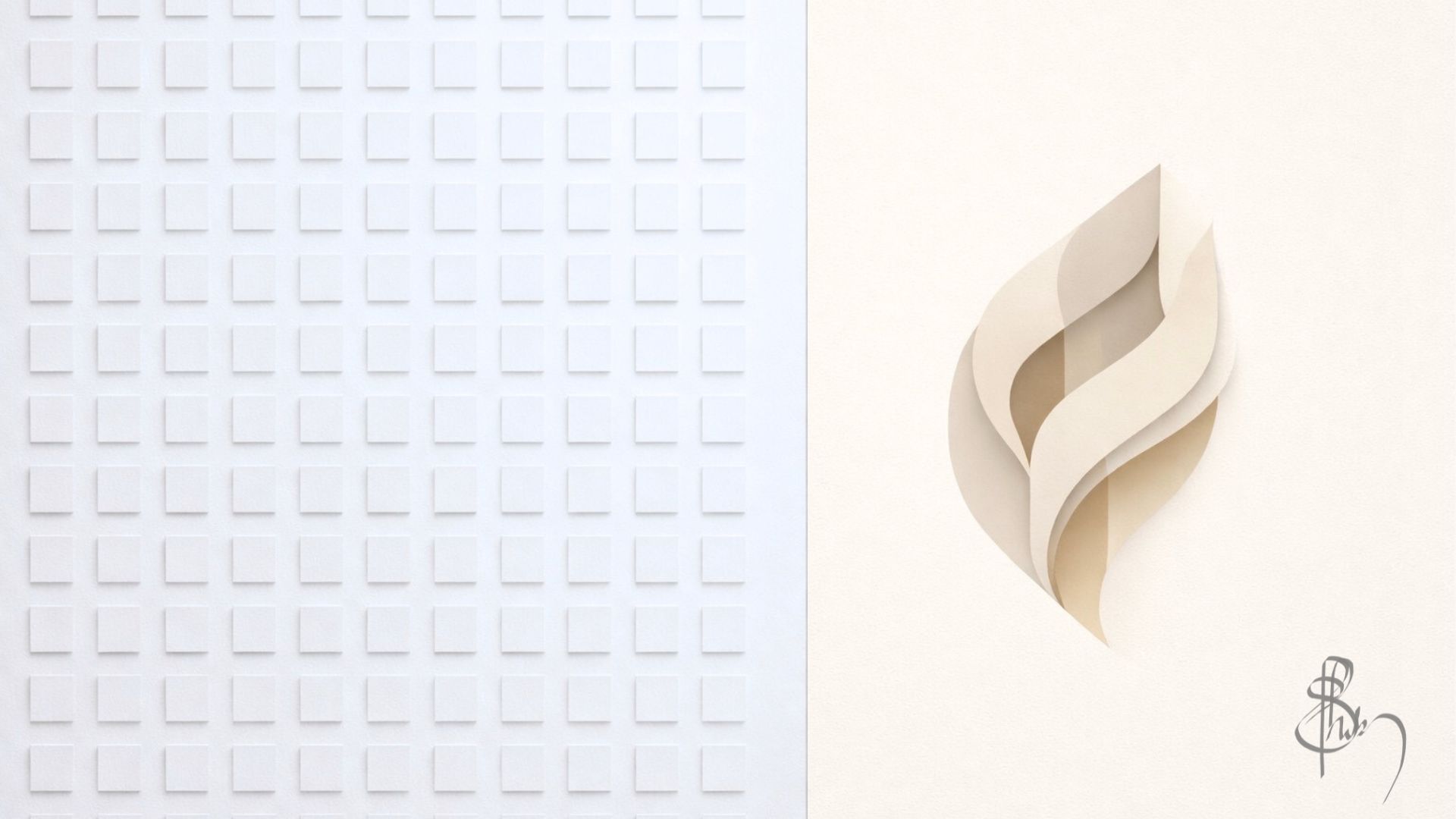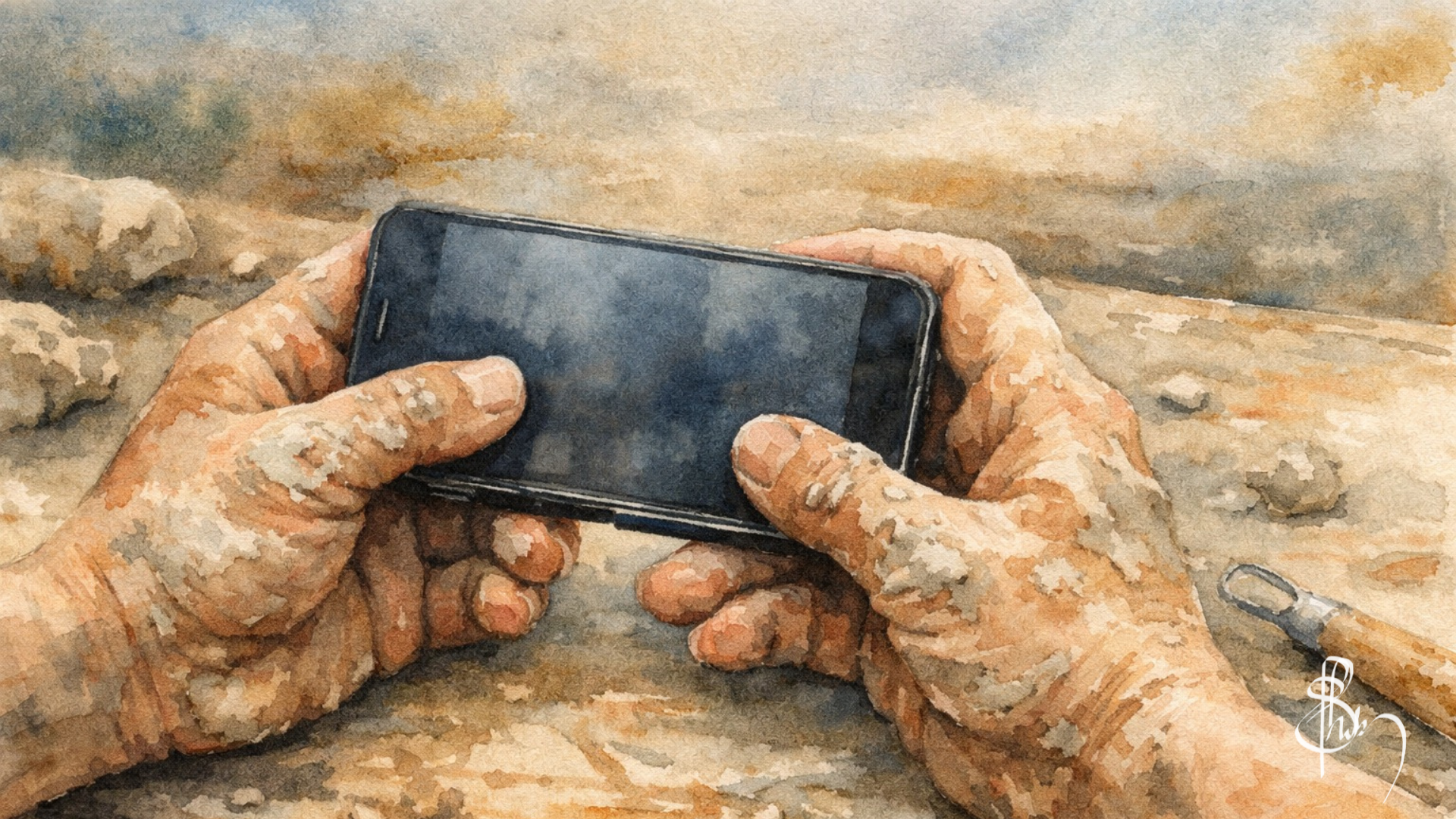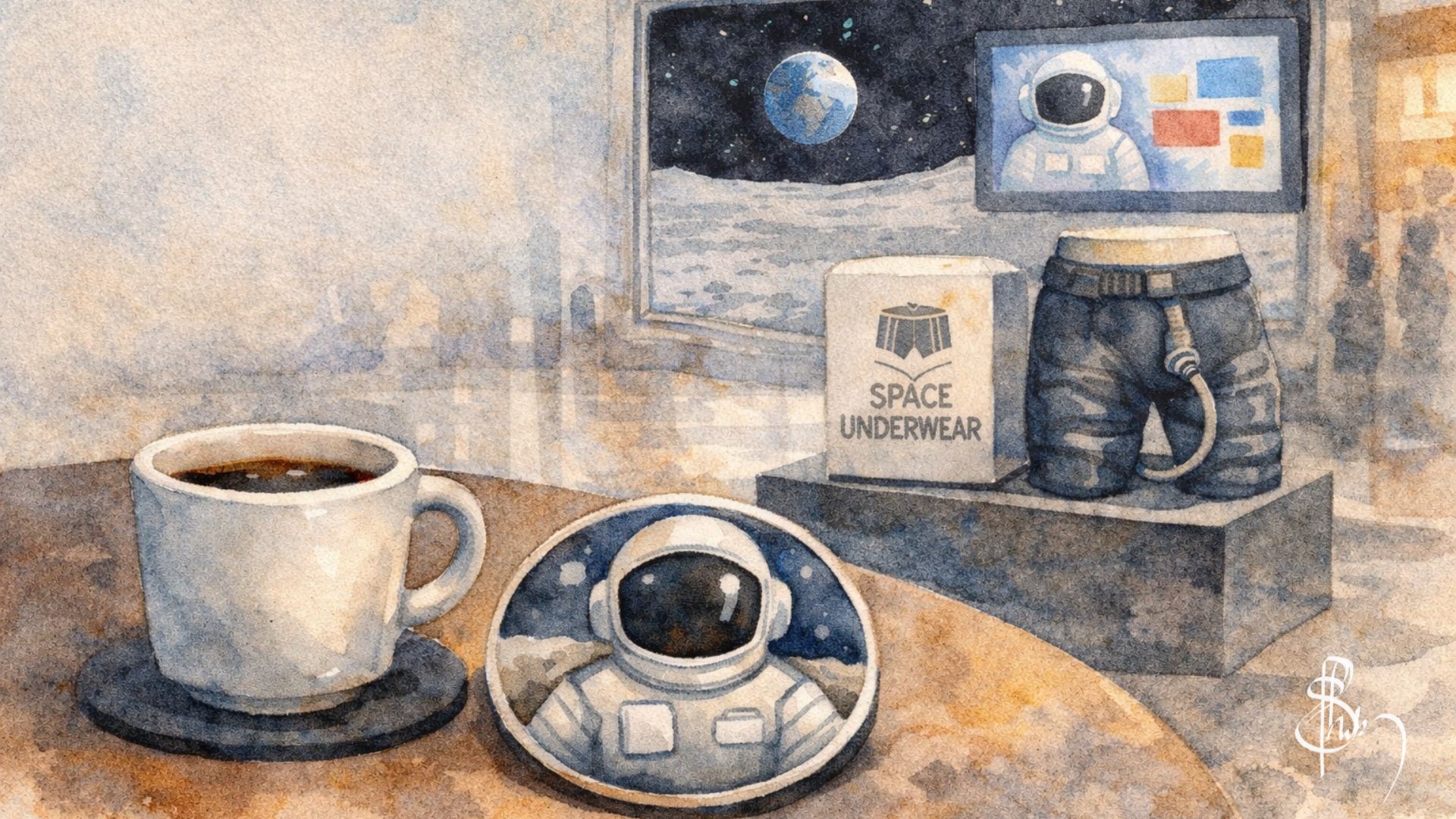“If you can’t write, it is because you have nothing to say. You have no ideas… Read something. If that doesn’t work, read something else… Repeat until the problem is solved”—Jordan Peterson
But what happens when you have been researching and learning various topics that interest you while making typed-up notes for all of it in your own words, accessible in one centralised app for over four years? I should be able to write at least one article that interests me, right? I shouldn’t be having writer’s block. But I am.
Starting with the Most Obvious
So, I followed Jordan Peterson’s advice. I went online and researched. I got only one line that was of use to me.
“Start writing about the most obvious things and make it worthy of reading. You’ll be seasoned once all of your ‘obvious’ list is written.”—If You Say, ‘I Don’t Know What to Write’ —Read This
That was what I needed to hear at that moment. To write what was most obvious to me right now, writer’s block.
Perhaps, in doing that flushing out of the most obvious topics, I will also establish a writing routine. I have not been doing any consistent writing for years. Building up momentum should definitely help me out over time. Look at Stephen King, for example. He writes just six pages a day. But he does it every day. That is his momentum, and look at what it has done for him.
It was, in fact, writing I did on my blogs that got me a freelancer writing gig with the national newspaper The Hindu, I published by a book on filmmaking, and many more.
Using Existing Notes to Spark Ideas
So, the topic is decided, writing through writer’s block. According to Jordan Peterson’s advice, I should read on it more. But wait a minute. Instead of researching the internet and ending up lost in some random YouTube video rabbit hole, I should first perhaps search my notes. It turns out I had indeed researched and made notes on the same topic at various times in the past four years. Speak about finding gold in your backyard!
In fact, it was while I was searching in my notes that I even came across the quote I opened this article with. It was not Google that suggested it or ChatGPT. It was me myself, from 2021, suggesting it to the 2024 stuck me. How cool is that?
So, then I began collecting points from my notes on writer’s block into a bullet list. I added comments that came to my mind and elaborated the points where needed. That became the first draft. It was a mess. It was nothing like the polished and structured article you are now reading. Which, actually, is a good thing.
“In the early stages, just put it all in there and write un-self-consciously, as if no one will read it. Do the rewrites later.”—“The Power of Memoir with Sarah Malik – Writers on Writing,” by Adara Enthaler
Writing is Rewriting
Once the first draft is out, that is when the actual work begins. I am someone who believes that writing is rewriting. The first draft, often called the “puke draft,” is usually a mess. You have to “make it worthy of reading”, as said in the article by S.S. I read in the beginning. Only after you have written your unfiltered puke draft should you rewrite it to make it more relatable or understandable to a potential reader.
Most times, I only have vague ideas, if any at all, about why I am writing what I am writing. Take this article for example. My purpose was not to help the reader get out of their writer’s block. My purpose was just to write something, to start writing again. I didn’t realise that one purpose of this article for a reader would be to help them get out of their own blocks until I was writing the third draft. It is to help with that, that I’ve found tools like ChatGPT to be incredibly useful.
Using Tools Like ChatGPT
I am not asking ChatGPT to write an article on writer’s block. If I did, I would just be ridden with guilt of not being authentic, of being a fraud, and not end up publishing anything at all.
Instead, I wrote everything in my own words, drawn from what I have written over long years of research. I gave that to ChatGPT and asked it to analyse and suggest improvements, better organisation, suitable headlines and so on. It then gave me a much more polished version. But the rewriting doesn’t end there either.
I then take the draft that ChatGPT writes and rewrite it again. Its ability to analyse, cut and dice the article helps me see the bones of what I am writing, the purpose, and my aim with the article. It is when I get clarity on those things that I really know what I am writing about. With that clarity, I rewrite the article to flow better for the reader and towards the end of it, hopefully, give them something of value and to take them along on a journey.
I then use Grammarly, ProWritingAid and Hemingway App to proofread and write the final draft. This very article you are reading was rewritten following this process. Nonetheless, I am sure it will still contain mistakes I did not see because I am too close to the draft at this point in time.
Building Momentum
So, have I gotten out of my creative rut? Is my writer’s block completely cured? Only time will tell. But, I’m beginning to see how flushing out the obvious ideas and pushing forward with consistency could be a path forward. If nothing else, it is helping me get started again, and that is worth something.
What is my takeaway from all this? There is gold in my backyard. I have to get in the dirt and look for it. I will first start looking in the easy spots, writing about the most obvious topics right off of my head. Establish a habit. Build the momentum. And hopefully, over time, our hands will strike gold. Thanks for reading.





